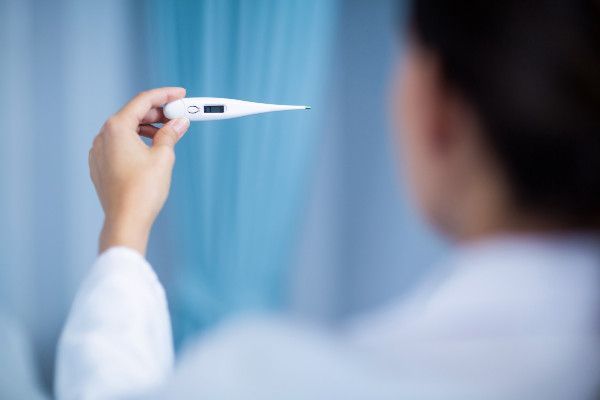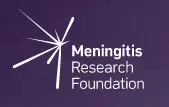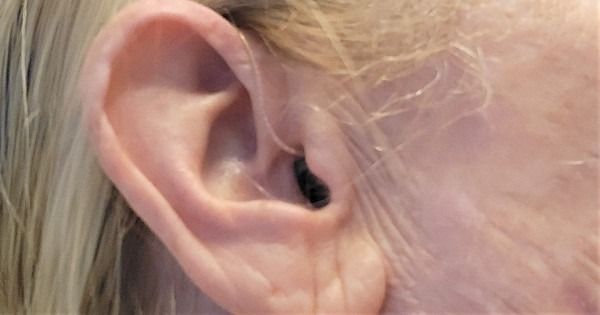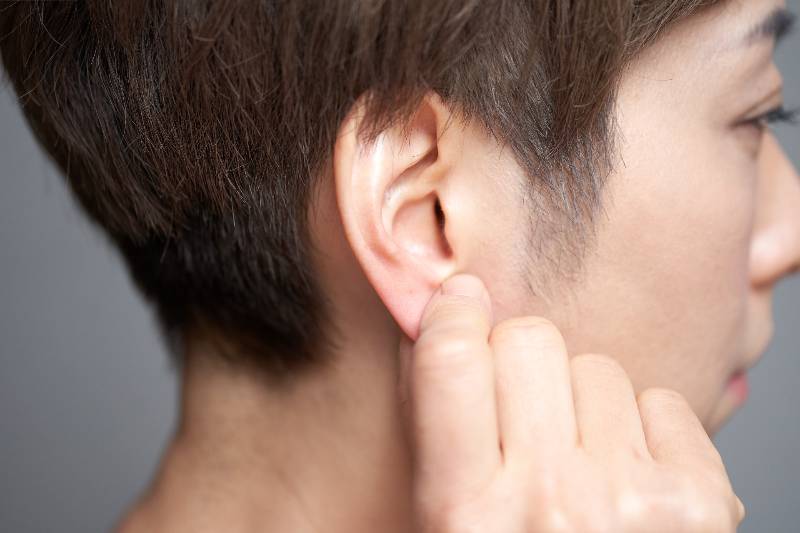Introduction
Understanding the intricate relationship between meningitis and hearing loss is essential for every parent striving to safeguard their child’s health. In this comprehensive article, we explore this complex correlation, underscore the significance of early detection, and delve into the latest research progress and treatment alternatives. Through a patient-focused lens, our goal is to provide accurate and understandable information that can help you understand the nuances of meningitis and hearing loss, advocate for your child, and assist them on their path to improved hearing and a better quality of life.
Comprehending the Association Between Meningitis and Hearing Loss
The complex interplay between meningitis and hearing loss can profoundly affect a child’s life. Meningitis, characterized by inflammation of the protective coverings of the brain and spinal cord, can occur due to various bacterial, viral, or fungal infections. One potential aftereffect of meningitis is sensorineural hearing loss, which arises when damage occurs to the inner ear or auditory nerve. The exact process through which meningitis results in hearing loss remains partially unknown. However, it is thought to be associated with damage to the inner ear’s hair cells and the auditory nerve. Infection-triggered inflammation may cause a decrease in blood flow to the inner ear, depriving the sensitive hair cells of essential oxygen and nutrients. Moreover, the infection may directly harm the hair cells and auditory nerve.
Interdisciplinary Collaboration in Meningitis and Hearing Loss Research
The importance of interdisciplinary cooperation in meningitis and hearing loss research cannot be overstated. By joining experts from diverse areas like immunology, audiology, and neuroscience, research can integrate their collective knowledge to better comprehend the link between meningitis and hearing loss. This collaboration paves the way for innovation and accelerates the creation of new diagnostic techniques, therapies, and preventive interventions. Consequently, advancements in the detection and treatment of both meningitis and hearing loss are continually being made, fostering hope for improved outcomes in the future.
The Impact of Patient Advocacy on the Direction of Meningitis and Hearing Loss Research
Patient advocacy significantly influences the direction of research into meningitis and hearing loss. Advocates, by sharing their unique experiences and increasing awareness of the obstacles faced by those affected by these conditions, can help shape research priorities and inform policy decisions. Advocacy can focus on enhancing funding for research, improving early detection and intervention services, and promoting the development of innovative therapies and technologies. By remaining well-informed and actively involved, parents can significantly assist their children in overcoming the difficulties of meningitis and hearing loss and contribute to the continuous efforts to enhance prevention and treatment strategies.
The Unspoken Aftermath: Hearing Loss Post Meningitis
Hearing loss following a bout of meningitis can silently alter the lives of many. This form of sensorineural hearing loss often strikes suddenly and can range from mild to severe. The intensity of the hearing loss may not be immediately evident, making careful observation of children during and after a meningitis infection essential for parents and healthcare providers. Early detection and intervention are key to mitigating the impact of hearing loss on a child’s growth and overall quality of life. Parents should look for signs of hearing loss, such as problems with comprehending speech, lack of attention, or a sudden change in behavior, and promptly seek a healthcare professional’s evaluation if they notice any concerns.
VIVALIFER Tinnitus Relief for Ringing Ears
Experience relief from tinnitus with this effective supplement specifically designed to alleviate symptoms such as buzzing, clicking, and other auditory disturbances. Bid farewell to the perplexing sounds in your ears and regain peace of mind.
Enhance your concentration and cognitive abilities with this tinnitus relief supplement. By reducing the interference caused by tinnitus, it helps improve memory and concentration, minimizing the risk of memory impairment and allowing you to think without interruption.
Promote a sense of calmness in your nervous system with the advanced formula of this tinnitus treatment supplement. It works by improving blood circulation, alleviating headaches, and reducing sensitivity to ear noise, providing a soothing effect for your overall well-being.
Exploring New Frontiers in Regenerative Medicine for Meningitis and Hearing Loss
Regenerative medicine is a burgeoning field promising innovative solutions for treating meningitis and hearing loss. This rapidly evolving discipline concentrates on repairing, replacing, or regenerating impaired cells, tissues, or organs to restore their normal function. In the context of hearing loss due to meningitis, regenerative medicine focuses on repairing or replacing damaged hair cells and auditory nerve cells. Several cutting-edge therapies, including stem cell therapy and gene therapy, are being studied for their potential to regenerate damaged inner ear cells. While still in the developmental stages, these treatments show promise for enhancing the quality of life for those affected by meningitis and hearing loss.
The Prospective Advancements in Cochlear Implants for Meningitis-Induced Hearing Loss
Cochlear implants provide an effective solution for those with meningitis-induced hearing loss who do not respond to traditional hearing aids. These advanced devices bypass the impaired sections of the inner ear and stimulate the auditory nerve directly, facilitating sound perception. With ongoing technological evolution, cochlear implants’ future for meningitis-induced hearing loss appears bright. Research is geared towards refining the design and functionality of these devices to enhance sound quality and improve speech comprehension in noisy settings. Furthermore, steps are being taken to minimize the invasiveness of the implantation procedure and lower the risk of complications.
QUIZ - CAUSES AND THE LEVELS OF TINNITUS
Conclusion
The complex relationship between meningitis and hearing loss can significantly affect a child’s life and development. Parents need to be informed about this relationship to manage their child’s health proactively. Meningitis, an infection causing inflammation around the brain and spinal cord, can lead to sensorineural hearing loss, underscoring the importance of early detection. As understanding the link between these conditions can be challenging, parents should remain vigilant for signs of hearing loss such as difficulty understanding speech or sudden behavioral changes, and seek prompt medical attention if any issues arise.
In the realm of research, interdisciplinary collaboration is paving the way for new diagnostic tools, therapies, and preventive measures for meningitis and hearing loss. Experts from various fields, including immunology, audiology, and neuroscience, are joining forces to better understand these conditions and develop effective treatment strategies. This collaboration is driving innovation and offering hope for improved outcomes for children affected by these conditions.
Patient advocacy is another crucial aspect in the battle against meningitis and hearing loss. Parents, by sharing their experiences and raising awareness of the challenges faced by individuals affected by these conditions, can influence research priorities and policy decisions. Their involvement can contribute to increasing funding for research, improving access to early detection services, and promoting the development of new therapies and technologies.
The aftermath of meningitis can often result in a silent and life-altering consequence: hearing loss. It’s essential for parents and healthcare providers to closely monitor children during and after a meningitis infection for early detection and intervention. This vigilance is key in minimizing the impact of hearing loss on a child’s development and quality of life.
Innovative fields such as regenerative medicine and advancements in cochlear implants are opening new horizons for treating meningitis-related hearing loss. While regenerative medicine focuses on repairing or replacing damaged hair cells and auditory nerve cells, cochlear implants bypass the damaged parts of the inner ear and directly stimulate the auditory nerve, enabling users to perceive sound. These ongoing research areas hold promise for the future, offering hope for better treatments and improved quality of life for individuals affected by meningitis and hearing loss.
In conclusion, while meningitis and hearing loss can pose significant challenges, parents equipped with knowledge and understanding can become powerful advocates for their child’s health and well-being. By staying vigilant, seeking early intervention, and embracing the latest advances in research and treatment, parents can support their children in overcoming the hurdles of meningitis-related hearing loss, and help them lead fulfilling, healthy lives.
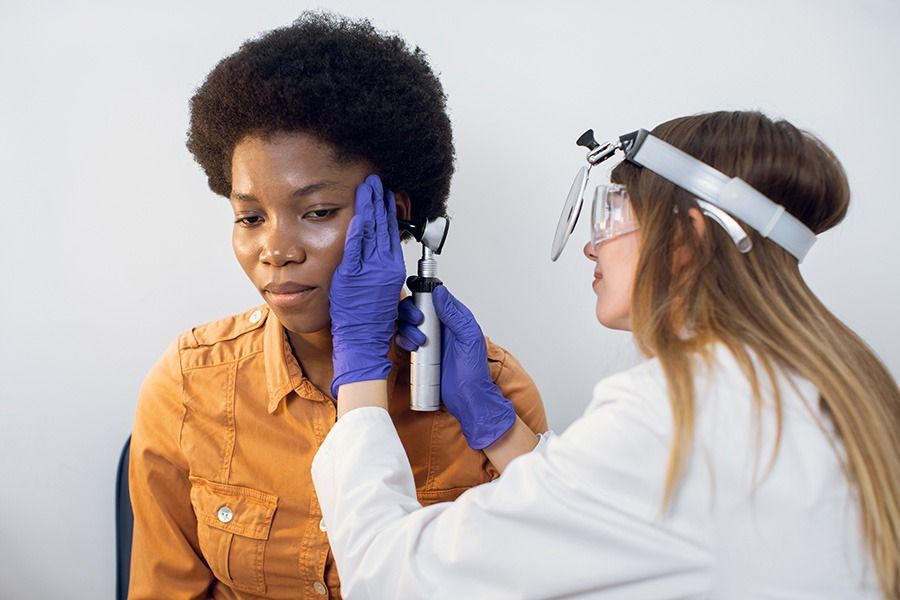
Thriving with Conductive Hearing Loss: A Guide to Hobbies, Fitness, Socialization, and Relationships
This guide offers strategies for seniors caring for someone with conductive hearing loss, focusing on hobbies, fitness, social events, dating, and music.

Navigating the Sound of Silence: Insights into Living with Conductive Hearing Loss
An in-depth look into the lives of seniors with conductive hearing loss, exploring their challenges and the strategies they use to lead fulfilling live

